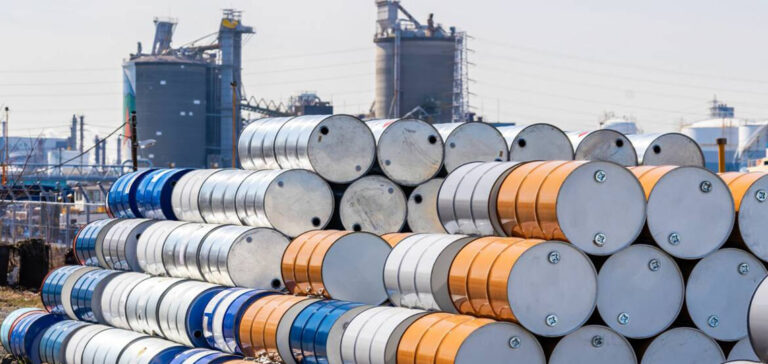According to the Organization of the Petroleum Exporting Countries (OPEC), global demand for oil continues to grow, despite efforts to combat global warming. In its 2023 report on world oil demand prospects, Opec forecasts that demand will reach 116 million barrels per day (mb/d) by 2045, an increase of 16.5% on 2022. This projection is 6 mb/d higher than the estimate for 2022 (109.8 mb/d).
The challenges ahead
Opec Secretary General Haitham Al Ghais points out that this demand could be even higher. He argues that the world will continue to need more energy over the coming decades, which is raising concerns ahead of COP28, the UN climate conference in Dubai.
According to Opec, demand for oil will be driven mainly by non-OECD countries, with India as the main driver, while demand in the OECD zone, composed mainly of wealthy countries, will begin to decline from 2025 onwards.
Required investments
To meet this growing demand, Opec estimates that oil investments of $14,000 billion will be needed between now and 2045, or an average of $610 billion a year. Haitham Al Ghais stresses the importance of making these investments, as they will benefit both producers and consumers. He warns against calls to halt investment in new projects, saying this could lead to energy and economic chaos.
Opec opposes the International Energy Agency (IEA) scenario, which aims to achieve carbon neutrality by 2050 by abandoning new hydrocarbon exploration projects. In 2021, the IEA had caused controversy by making this call, provoking the anger of oil-producing countries.
However, Opec defends its own scenario, which takes into account the global growth in energy needs and does not propose a single solution to meet them. The United Arab Emirates, members of Opec and organizers of COP28, are also advocating the need to triple renewable energy capacity.
The challenges of transition
Opec recognizes, however, that ambitious low-carbon energy targets are at odds with the reality on the ground, with investment in renewable energies lagging considerably behind. The organization has studied other scenarios, some of which include more renewable energies and lower oil demand than its reference scenario for 2045.
In conclusion, Opec supports carbon capture technologies as part of the solution. However, these technologies, although advocated by oil companies, are not yet fully mature.
Financial and energy impact
Now, why should any of this matter to you financially and energetically? The growing demand for oil and the investments needed in this sector will have an impact on world energy markets, oil prices and investment decisions. It also raises important questions about the transition to cleaner energy sources and global climate policies. Understanding these issues is essential for investors, companies and policy-makers seeking to navigate a fast-changing world.
Final Analysis
The growing global demand for oil according to Opec projections raises crucial questions for the financial and energy future of our planet. As the world strives to reduce greenhouse gas emissions, the oil industry continues to play a central role in energy supply. Investment decisions, climate policies and global energy markets will be profoundly influenced by the trajectory of oil demand. Understanding these issues is essential to anticipating future challenges and opportunities in a constantly changing energy landscape.





















